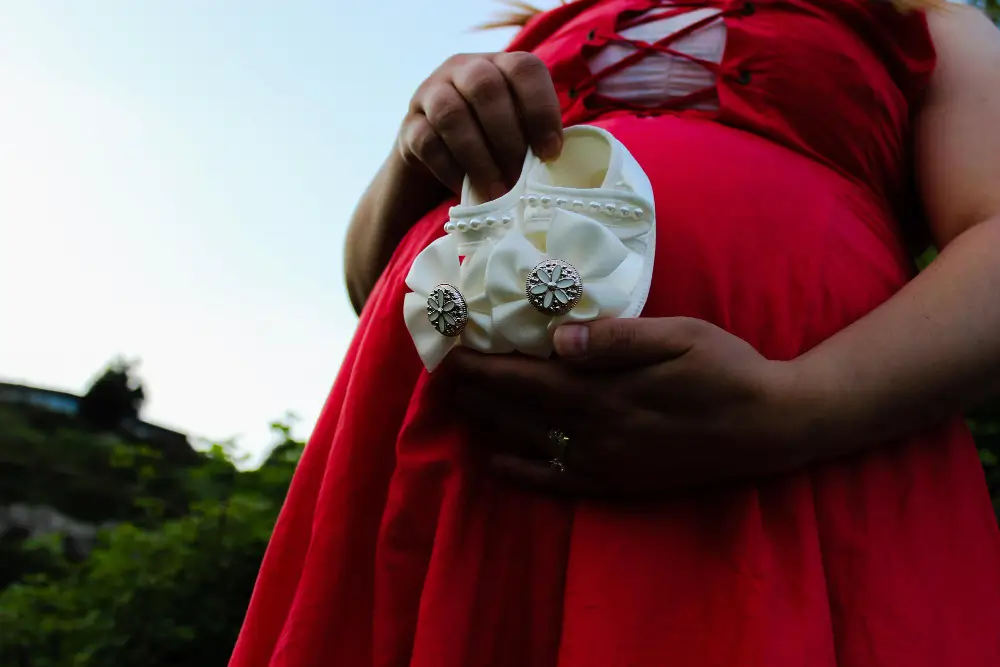
Surrogacy in Ghana is growing rapidly due to its affordability, legal clarity, and strong medical infrastructure. If you’re planning to travel for your surrogacy journey, preparing well in advance will help you avoid delays, stress, and unexpected issues.
Below is a complete guide to what intended parents should know before arriving in Ghana—covering travel documents, local laws, medical visits, safety, accommodations, and newborn procedures.
Why Ghana Is Becoming a Popular Surrogacy Destination
Ghana offers several advantages:
- Clear legal environment supporting surrogacy contracts
- Experienced fertility clinics and OB-GYN specialists
- Lower overall program cost compared to the U.S. or Europe
- English-speaking medical staff
- Easy travel connectivity
Travel Documents You Must Prepare
Before booking your flight, ensure all documents are ready.
Essential Documents
- Passport (valid for 6+ months)
- Ghana Entry Visa (must be arranged in advance for most nationalities)
- Letter from your surrogacy agency/clinic
- Medical records (fertility history, reports, prescriptions)
- Surrogacy contract copies
- Emergency contact details
For Newborn Baby Documentation
Once the baby is delivered:
- Birth certificate with parents’ names
- DNA test reports (if required by your home country)
- Passport for the baby
- Exit permit from Ghana Immigration Service
When Should Intended Parents Arrive in Ghana?
Most parents arrive:
- Between 32–36 weeks of the surrogate’s pregnancy, OR
- Immediately upon delivery (if they prefer last-minute travel)
For a smoother experience, arriving 2–3 weeks before the expected due date is recommended so you can attend:
- Final prenatal checkups
- Hospital planning meetings
- Legal document preparation
Acommodation Tips for Intended Parents
Choose accommodation close to:
- Your fertility clinic
- Delivery hospital
- Major transportation routes
Best Options
- Short-term serviced apartments
- Hotels offering long-stay discounts
- Agency-recommended family housing
Check for
- 24/7 electricity backup
- Air conditioning
- Wi-Fi
- Mini kitchen
- Hospital proximity
Health & Safety Tips While Staying in Ghana
Ghana is generally safe, but a few precautions help ensure a comfortable stay.
Health Tips
- Drink only bottled water
- Keep ORS and basic medicine with you
- Use insect repellent
- Wear masks in hospitals
- Follow clinic instructions strictly
Safety Tips
- Avoid carrying large amounts of cash
- Use registered taxis or rideshare services
- Keep documents in a secure file
Follow local laws and cultural norms
What to Expect During Hospital Visits
You may attend:
- Growth scans
- Routine OB-GYN appointments
- Delivery planning meetings
- NICU consultations (if necessary)
Hospitals in Ghana offer:
- Professional English-speaking medical staff
- Neonatal care units
- Private maternity rooms (depending on hospital)
Cultural Expectations & Etiquette
Ghanaians are warm and respectful. A few tips:
- Greet politely before starting conversations
- Dress modestly in hospitals and public areas
- Be patient—processes may take time
- Keep a friendly and calm tone
After Delivery: Legal & Exit Process
This is the most important phase for intended parents.
Steps
- Baby’s Birth Certificate
- Your names are listed as parents based on surrogacy contract.
- DNA Test (if required by your embassy)
- Usually done within 3–7 days.
- Passport Application for the Newborn
- From your home-country embassy.
- Ghana Exit Permit for Baby
- Mandatory for leaving the country.
Timeline
The post-delivery stay is usually 2–4 weeks depending on embassy procedures.
Packing Checklist for Surrogacy Travel
For Parents
- Passport, visa, surrogacy documents
- International SIM or roaming
- Comfortable loose clothing (hot climate)
- Basic medicines
- Power bank
- Extra copies of all paperwork
For Baby
- Newborn clothes
- Baby formula (if needed)
- Diapers, wipes
- Baby blanket
- Travel-size hygiene products
Internal Linking Suggestions (SEO)
If this blog is going on Surrogacy4All, link internally to:
- Surrogacy in Ghana (Main Program Page)
- Cost of Surrogacy in Ghana
- Newborn Legal Process & Documentation
- Step-by-Step Surrogacy Program Overview
- Why Choose Surrogacy4All
FAQs
Q. Is Ghana safe for surrogacy travel?
Ans : Yes. Ghana is considered safe for international patients, with reliable medical care and supportive legal framework for surrogacy.
Q. How long must intended parents stay in Ghana after delivery?
Ans : Most families stay 2–4 weeks to complete DNA testing, passport processing, and the baby’s exit permit.
Q. Do I need a visa to enter Ghana?
Ans : Yes, most nationalities require a visa. Apply early through your local Ghanaian embassy.
Q. Can I attend the ultrasound and prenatal appointments?
Ans : Yes, intended parents are welcome to attend appointments if they arrive before delivery.
Q. What documents are needed for the newborn’s passport?
Ans : You will need the baby’s birth certificate, DNA report (if required), your passports, photos, and embassy-specific forms.
Q. Are the hospitals in Ghana modern and reliable?
Ans : Reputable surrogacy programs partner only with accredited hospitals offering experienced OB-GYNs, NICU facilities, and modern medical technology.
Q. Does the weather affect travel plans?
Ans : Ghana is warm year-round. Pack light clothing and stay hydrated, especially during outdoor travel.

Dr. Pooja Patel
Dr. Pooja Patel is a Chief Surrogacy Coordinator at Surrogacy4all. She has 10 years of experience in Anesthesiology and critical care medicine.
She received her medical degree from Seth GS Medical College and K.E.M Hospital in India. She then completed an internship. She finished her Anesthesia residency at Grant Govt Medical College and JJ Group of Hospitals in India.





